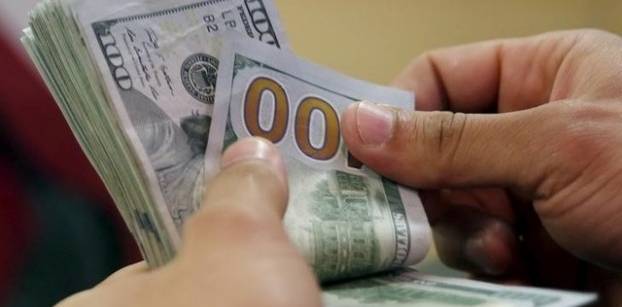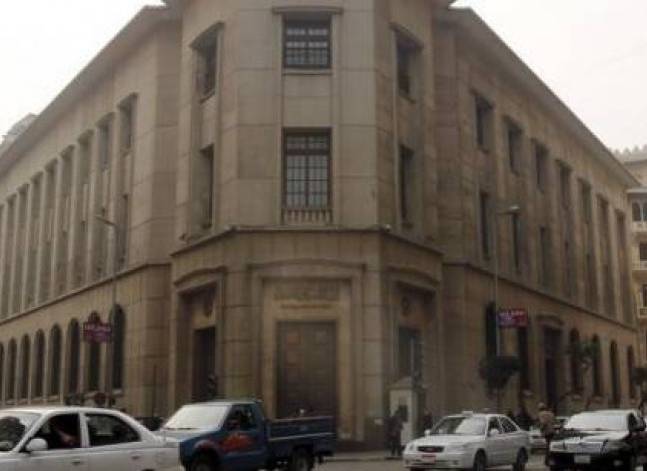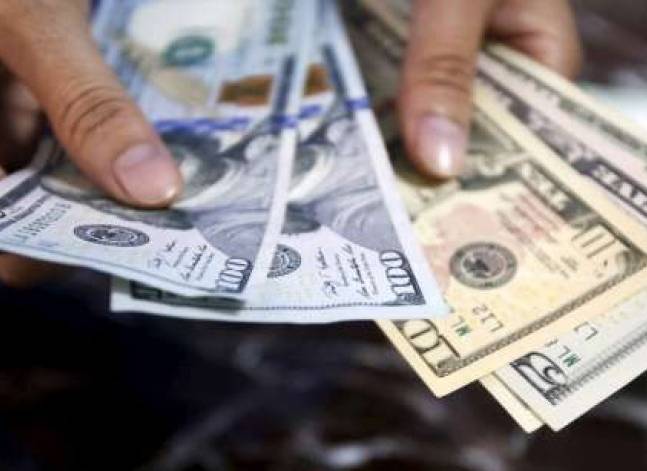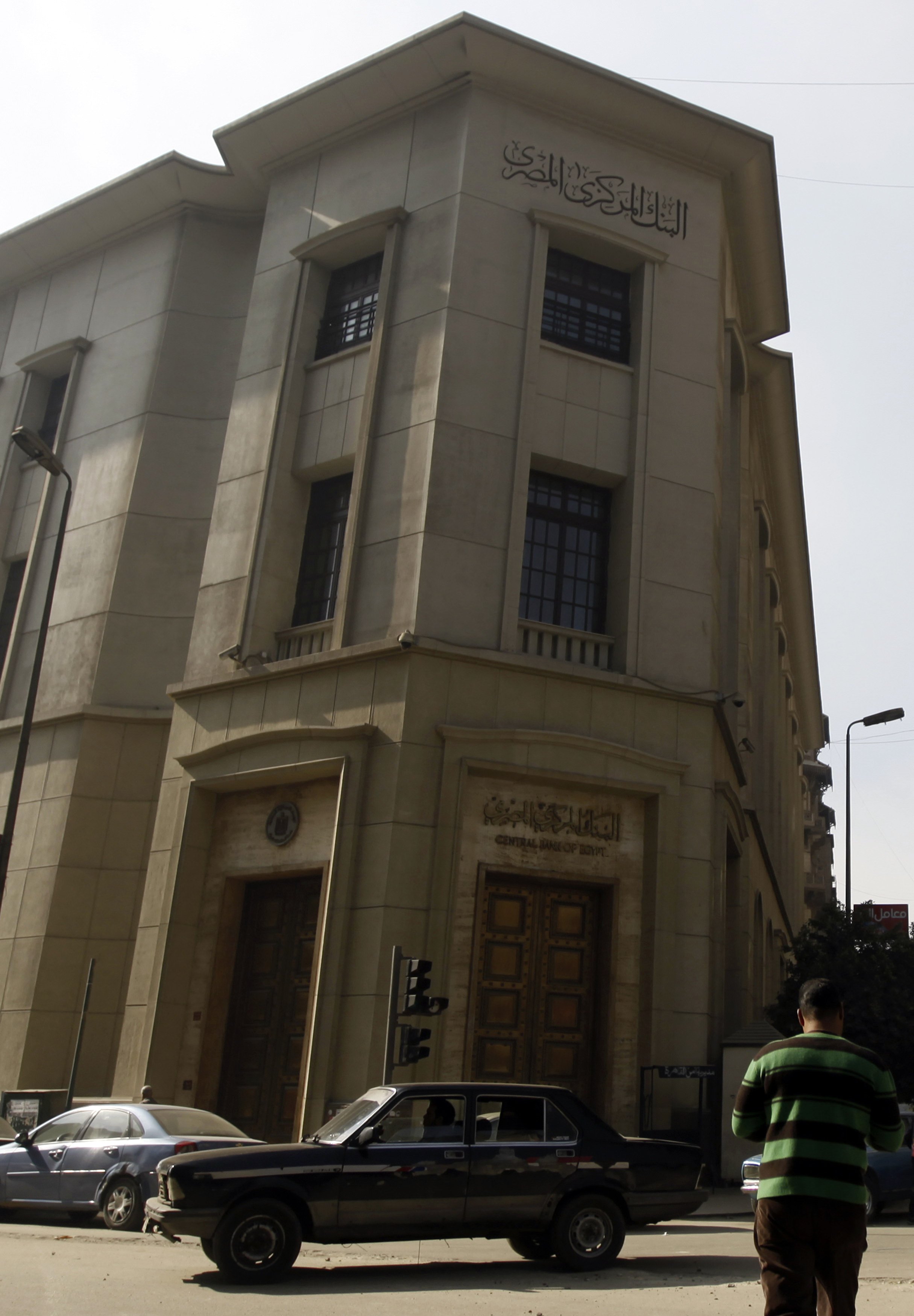Latest NEWS
- Aswat Masriya, the last word
- Roundup of Egypt's press headlines on March 15, 2017
- Roundup of Egypt's press headlines on March 14, 2017
- Former Egyptian President Hosni Mubarak to be released: lawyer
- Roundup of Egypt's press headlines on March 13, 2017
- Egypt's capital set to grow by half a million in 2017
- Egypt's wheat reserves to double with start of harvest -supply min
- Roundup of Egypt's press headlines on March 12, 2017
Egypt's foreign reserves rise to $24.265 bln at end-December
A customer counts his U.S. dollar money in a bank in Cairo, Egypt March 10, 2016. E REUTERS/Amr Abdallah Dalsh/
CAIRO, Jan 5 (Reuters) - Egypt's net foreign reserves rose to $24.265 billion at the end of December from $23.058 billion at the end of November, the central bank said on Thursday, cash that economists said would cover imports for more than five months.
Egypt has been struggling with a foreign currency shortage since an uprising in 2011 drove away tourists and foreign investors, and had roughly $36 billion in reserves before then.
Domestic debt rose by 5.3 percent in the first quarter of 2016/2017 to reach 2.758 trillionEgyptian pounds ($154.42 billion) at the end of September verses 2.619 trillion at the end of June, the central bank said in a statement.
And Egypt's external debt rose to $60.153 billion at the end of September from $55.764 billion at the end of July, the statement said.
Egypt floated its currency in November as part of a series of economic reforms aimed at reducing the budget deficit and balancing the currency market. The move helped it clinch a $12 billion three-year loan from the International Monetary Fund.
The reserves were further supported, economists say, by a $2 billion repurchase transaction that the central bank secured with global banks last month. The transaction with a consortium of international banks has a maturity of one year.
"The central bank succeeded in achieving its target of $25 billion ... The rise is strong and noticeable and would cover imports for more than five months," Cairo-based CI Capital economist Hany Farahat said.
"The rise in reserves will restore confidence in the central bank's ability to restore stability in the foreign exchange market," said Farahat.
The country of over 90 million has been seeking a variety of funding sources, from development loans to foreign grants and aid, to plug its financing needs as it struggles with an acute dollar shortage caused by years of post-uprising turmoil. ($1 = 17.8600 Egyptian pounds) (Reporting by Ahmed Tolba and Ehab Farouk; Writing by Amina Ismail; Editing by Giles Elgood and Louise Ireland)














